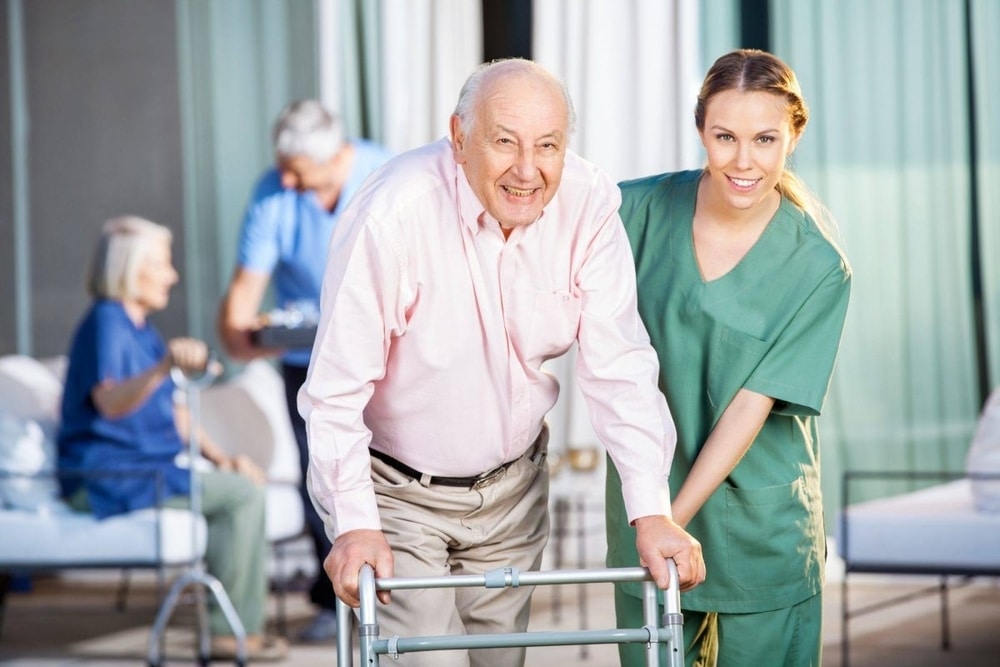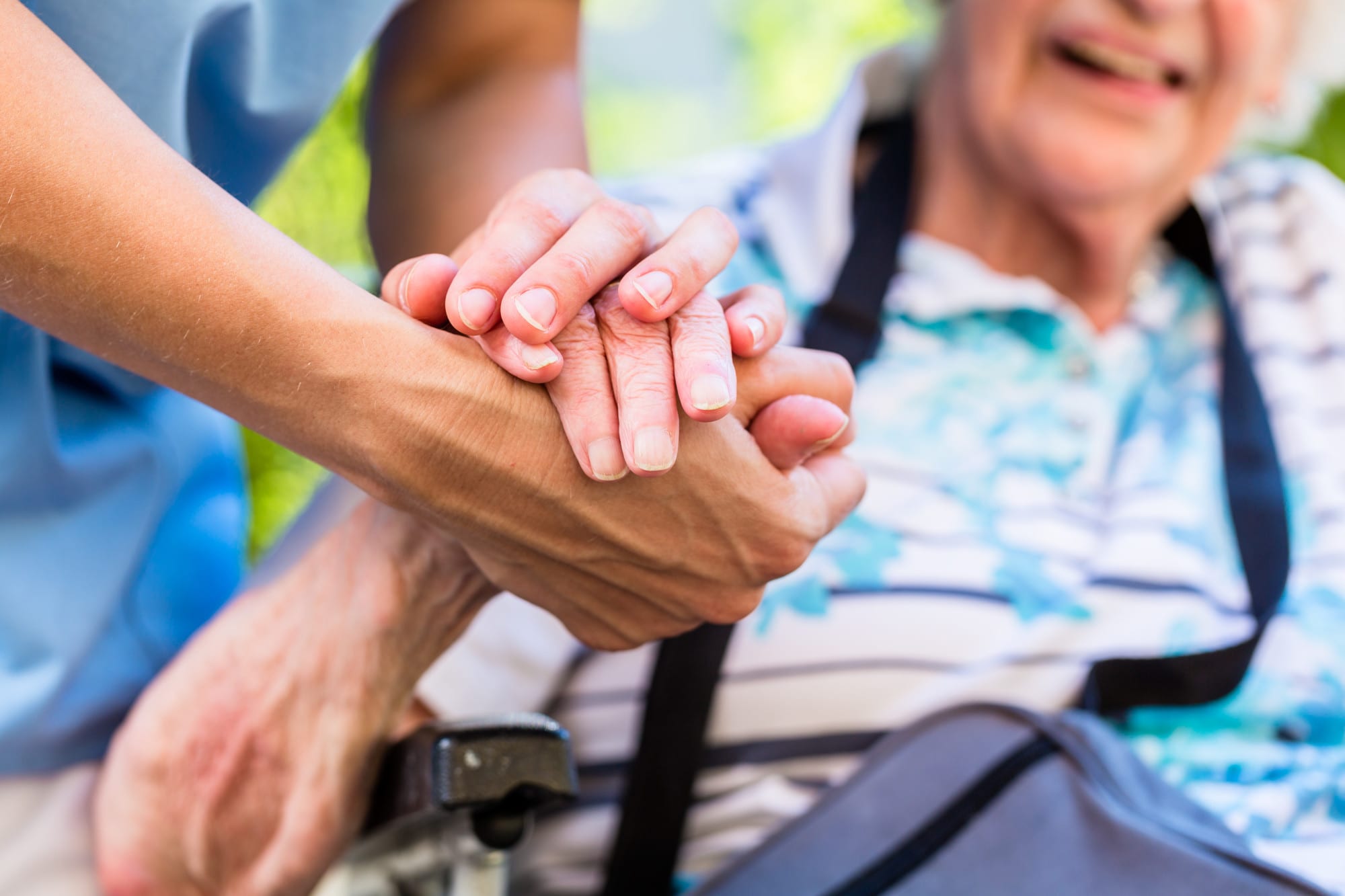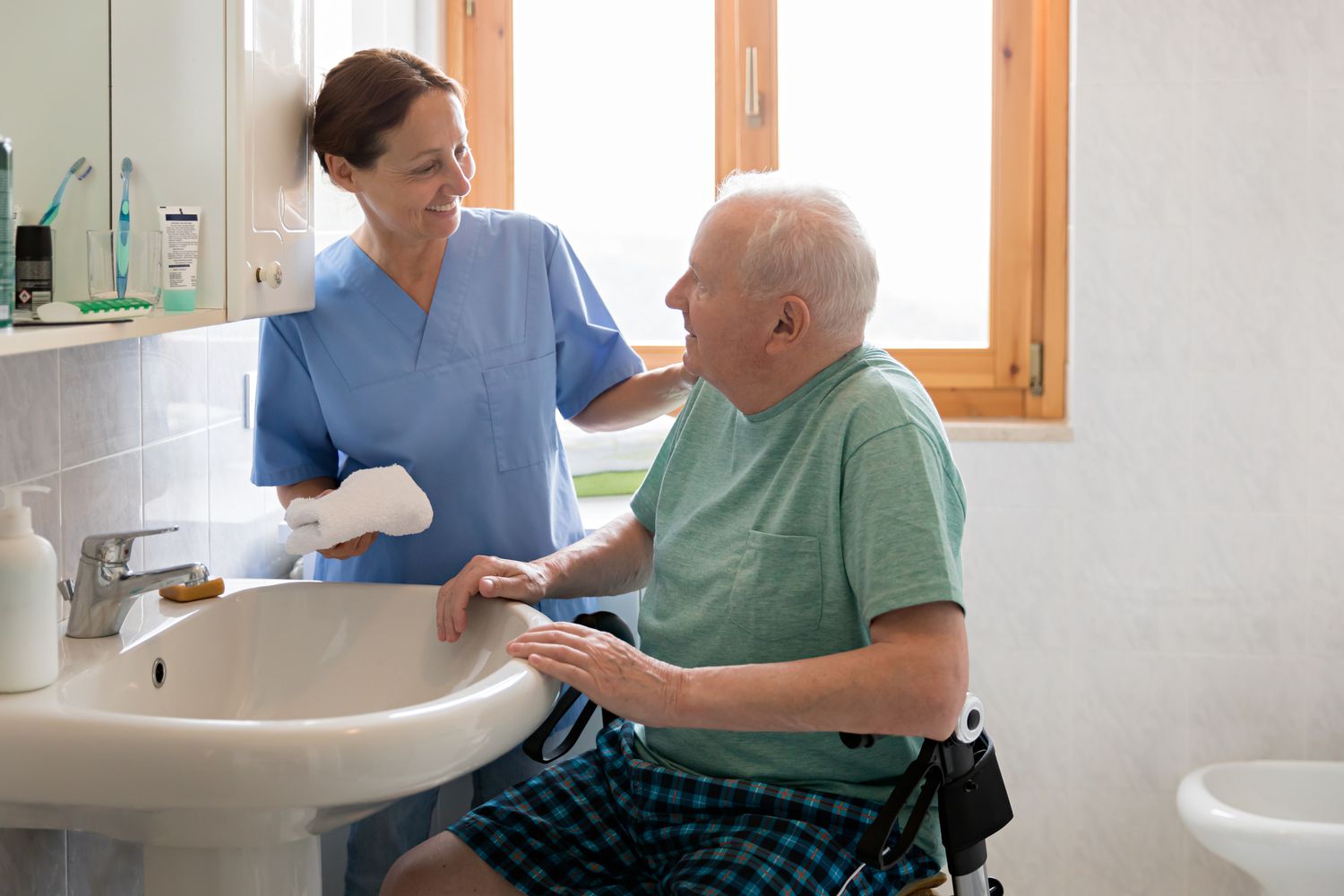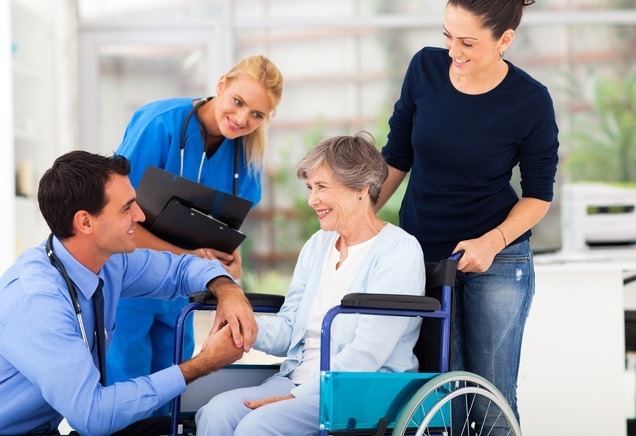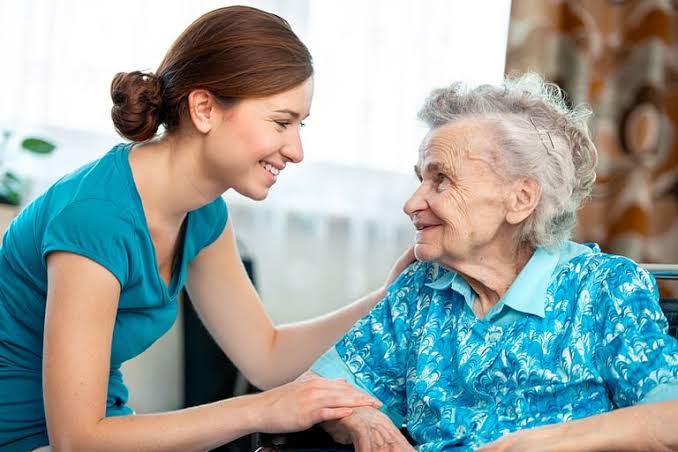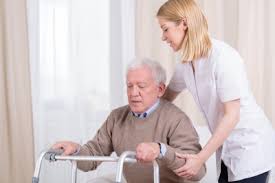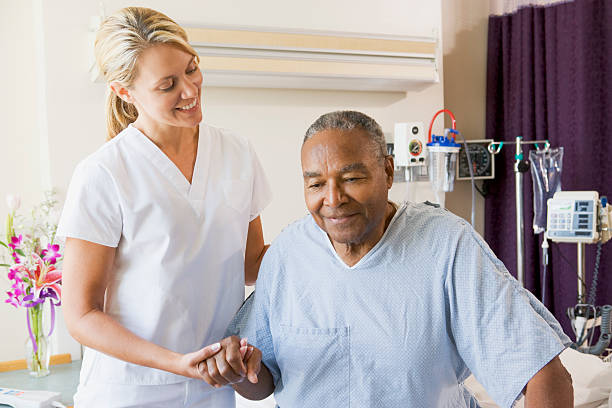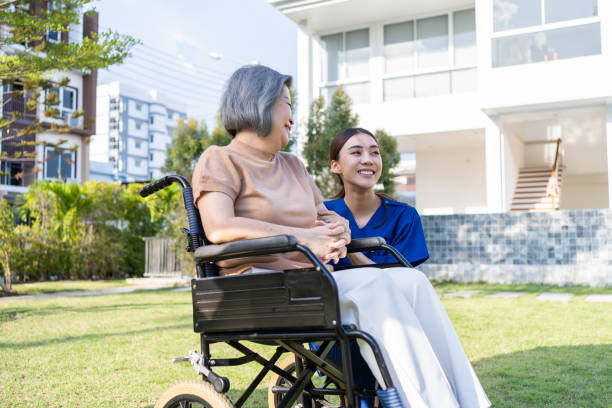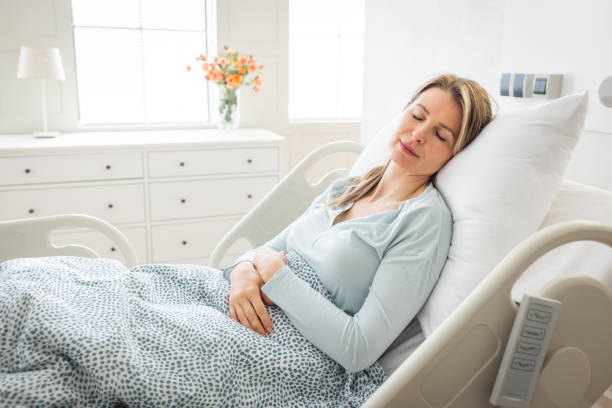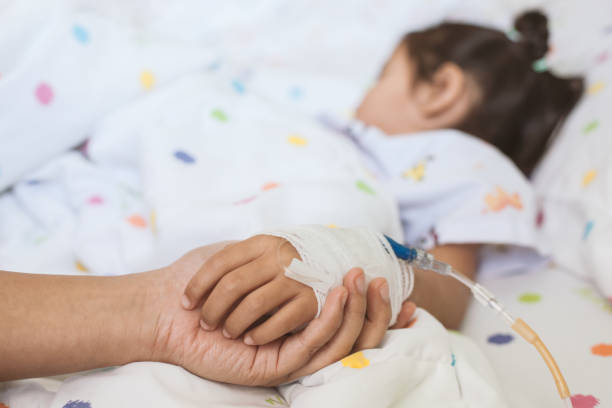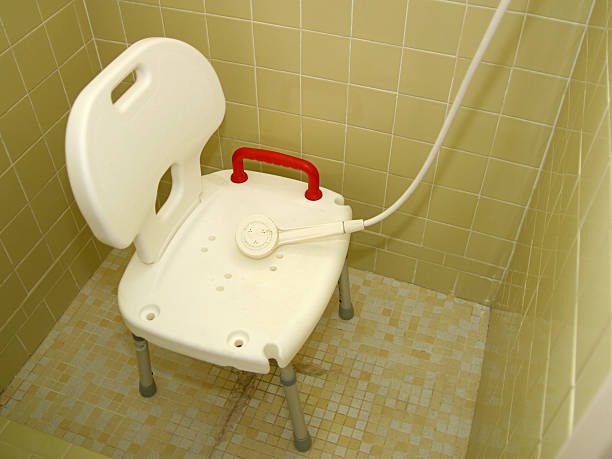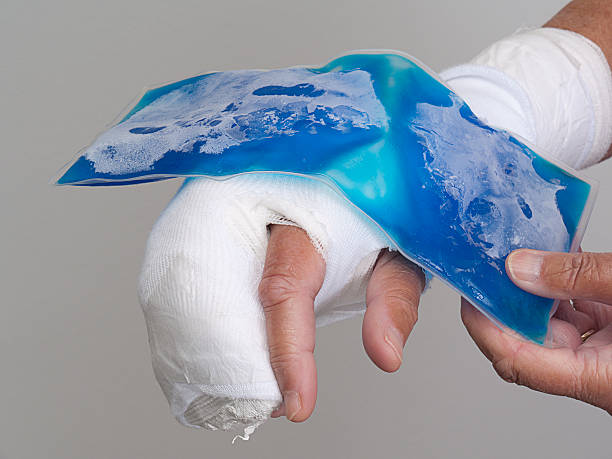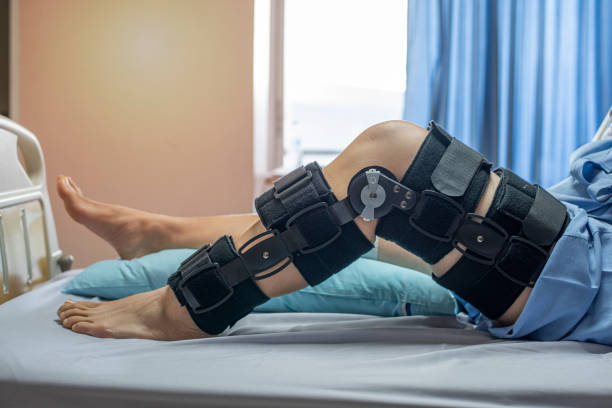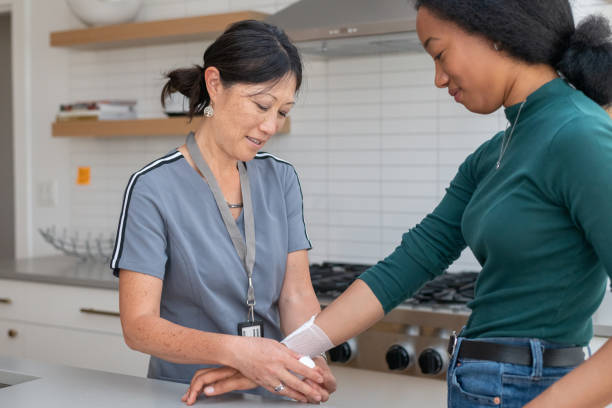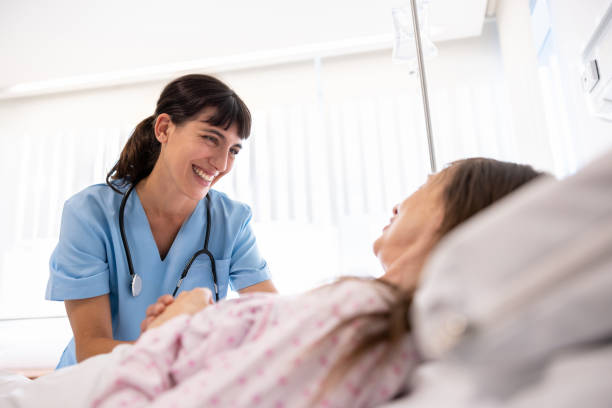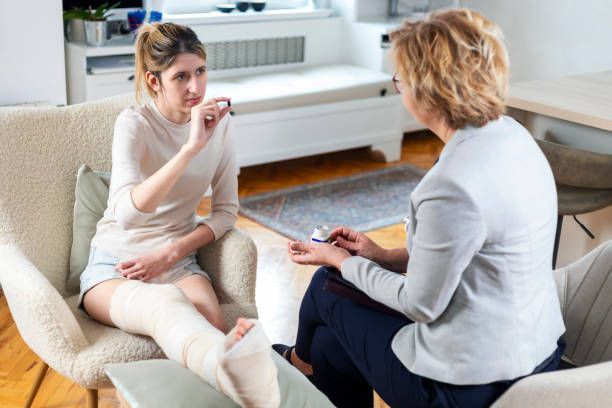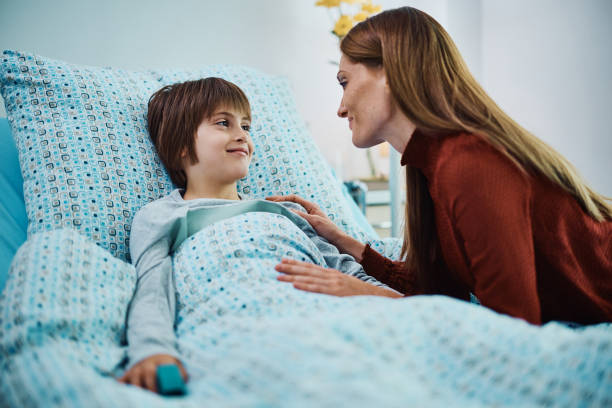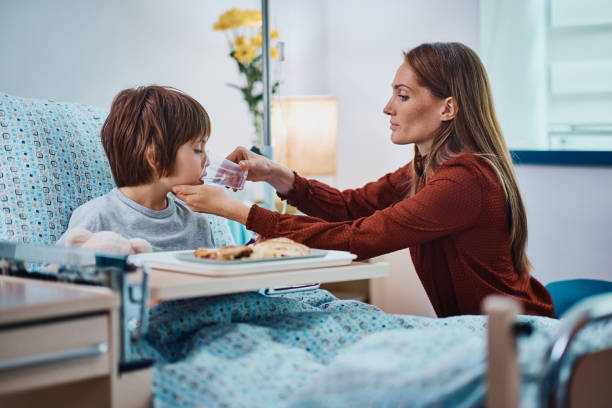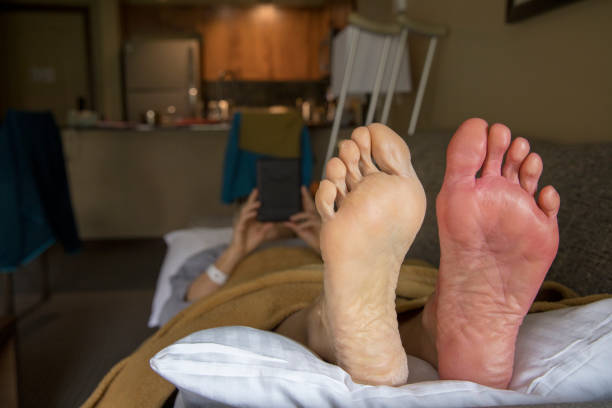Recover from an operation or hospital stay, in the comfort of your own home. Allowing for a seamless transition home after being in hospital .
We are all able-bodied, independent, and self-sufficient, until we are not. There is no shame in reaching a point in life, due to circumstances at that time, to need a bit of help until you can be self-sufficient and independent again. When we get sick or have an accident and land up in hospital (Either to convalesce or have an operation), we don’t realize how much help we get from the medical staff while we are there. We only have that realization once we get home.  Now, while you are well enough to go home, you certainly will not be 100% back to normal, especially if you have had an operation or viral flu or pneumonia. Once you are home, you really need to give yourself time to recuperate 100%, and not risk over-doing it and hurting yourself all over again. This is where we step in, and our qualified carers, will work in conjunction with your medical team and give you that freedom to just relax, recuperate, rejuvenate, and not worry about anything that may be overwhelming when you are not yet fit and healthy enough to do them. Proper post-surgery care is crucial in ensuring that you’ll get back to your feet the soonest possible time after an operation. It also reduces the risk of experiencing complications that may worsen your situation and increase the need for medicine or hospitalization. It ensures continued care and support in the comfort of their home, with familiar surroundings and usually a local support system.Everyone’s care needs are unique. We can also design a package specific to your needs. Reach out to us and book a home visit to learn more about how our Care Pros can support you in your journey to recovery.
Now, while you are well enough to go home, you certainly will not be 100% back to normal, especially if you have had an operation or viral flu or pneumonia. Once you are home, you really need to give yourself time to recuperate 100%, and not risk over-doing it and hurting yourself all over again. This is where we step in, and our qualified carers, will work in conjunction with your medical team and give you that freedom to just relax, recuperate, rejuvenate, and not worry about anything that may be overwhelming when you are not yet fit and healthy enough to do them. Proper post-surgery care is crucial in ensuring that you’ll get back to your feet the soonest possible time after an operation. It also reduces the risk of experiencing complications that may worsen your situation and increase the need for medicine or hospitalization. It ensures continued care and support in the comfort of their home, with familiar surroundings and usually a local support system.Everyone’s care needs are unique. We can also design a package specific to your needs. Reach out to us and book a home visit to learn more about how our Care Pros can support you in your journey to recovery.
Benefits of Post-op care at home:
1. It is statistically proven, that you heal faster in the comfort of your own home, with familiar comforts and belongings around you.
2. Receiving individualized care hastens your recovery.
3. Encourages 24/7 proper wound care as if you were in hospital.
4. Carers can help advise family on how to get your home ready for the most effective recovery possible and can pop out and get you what you need
5. Carers are aware of the warning signs that you need to watch out for and will be vigilant during your recovery, keeping you safe and on the road to recovery.
6. Carers will also be proactive in keeping infections away
7. Having a whole bunch of meds to take when you are not used to taking meds can be overwhelming. Home-based carers will take the responsibility of your medication away from you, they will pick it up, sort it out and make sure you take it when you need it. This will allow you to relax and feel reassured.
8. Your doctor will assign you with a diet appropriate to your condition and overall health. Having a healthy, balanced diet gives you the nutrients your body needs to recover fully, at a faster rate. Basically, a good postoperative diet includes whole grains, plenty of fruits and vegetables, lean protein, and healthy fats. Still, you need to consider other factors, such as allergies, medications, and preferences. It is also vitally important to take in sufficient fluids. Carers will monitor and provide a perfectly balanced diet to keep you healthy and sufficient liquids to keep you hydrated with little effort on your part.
9. Exercise is not something you immediately associate with post-surgery care, but it is one of the most important things you need to get into to regain strength and prevent complications. Obviously, not High impact but certainly gentle exercise for a few minutes every hour or two is great to get you moving. Breathing exercises help ease your mind and manage pain. Walking or ambulation, on the other hand, helps prevent complications like pneumonia and stroke-causing blood clots. Since it also improves blood flow, it helps heal your incision wound faster. Finally, the simple act of walking keeps you active enough to reduce the risk of bed sores and constipation. Having a carer with you on walks gives you the confidence and motivation to do and you feel safe as if you need any help you have someone there.
10. Care at home reduces the risk of you accidentally hurting yourself or traumatizing a wound, preventing you from increasing your recovery time.
11. Care at home also takes care of your mental health as your carer will initiate activities that ease your mind, such as playing music, journaling, meditative walking, setting up social visits with friends and family, painting, puzzle building, board games etc.
12. Carers will ensure that you do not skip any of your follow-up appointments. Each day you recover, your needs change and this may lead to your doctor changing medicine, diet or activity. Furthermore, attending your check-ups gives your doctor a chance to see if any complication is on the rise, allowing for quick intervention.

